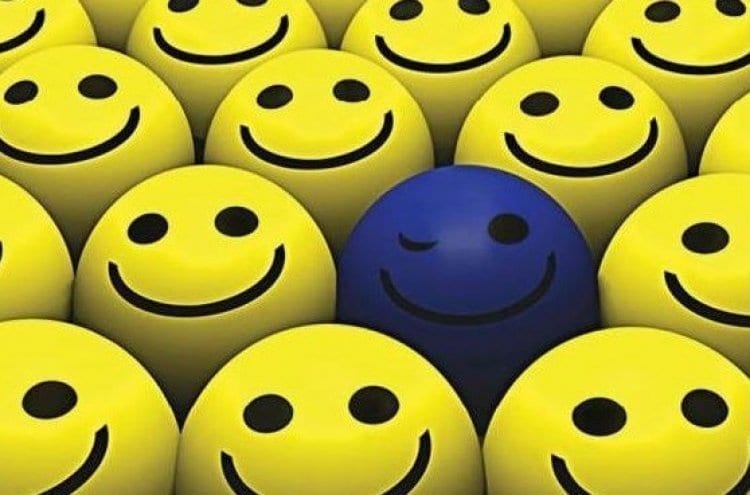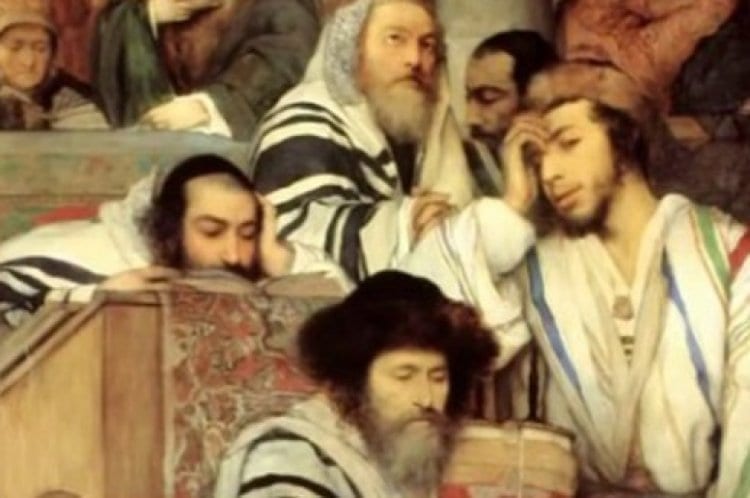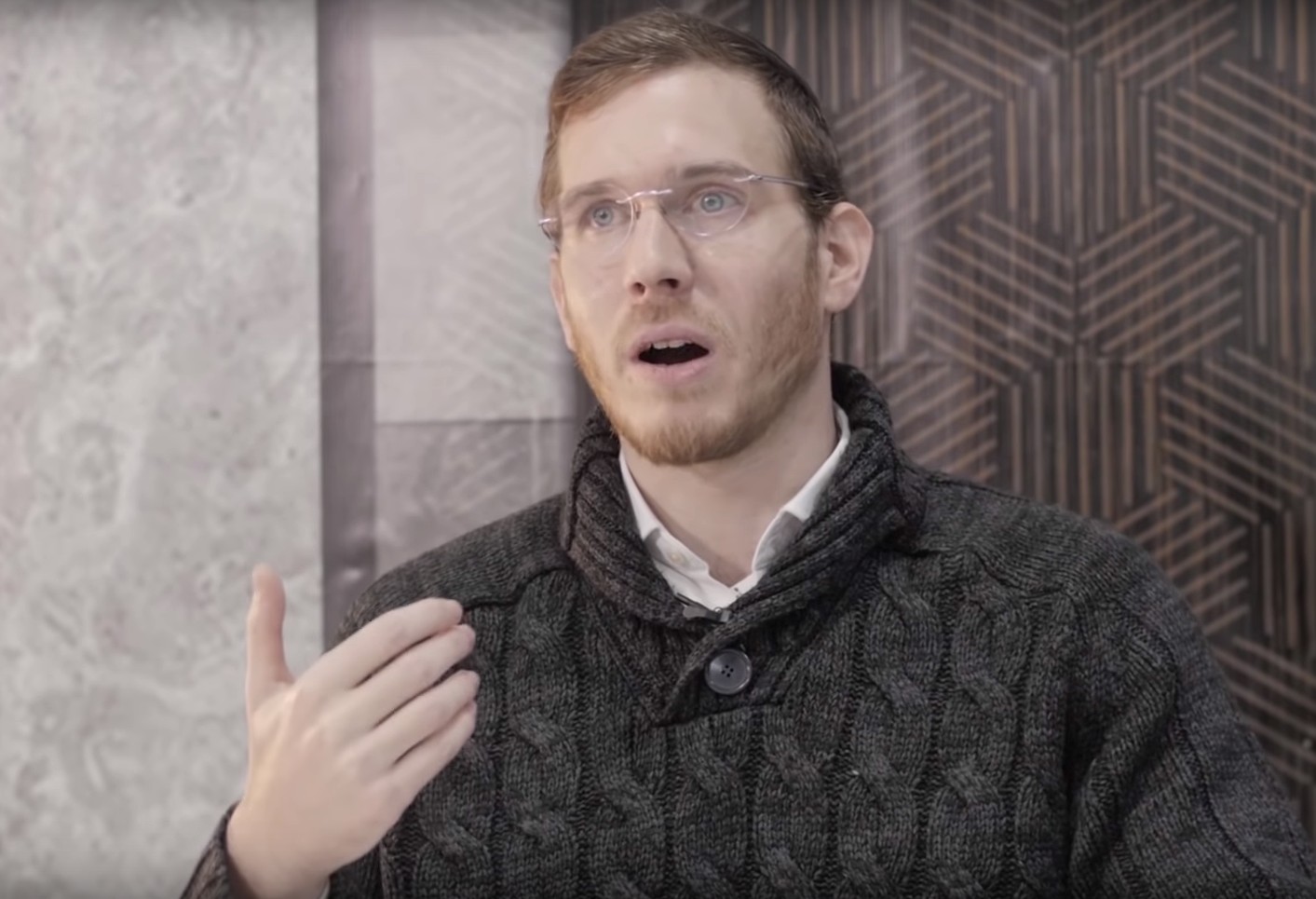At least: my least favorite phrase in the English language. It often makes me cringe. I have heard: “My son didn’t die for nothing in the Holocaust; at least he gave his life for an independent Jewish state.” “My niece no longer observes Shabbos; at least she didn’t marry a gentile.” “My father made a chillul Hashem when he was convicted of fraud; at least he got parole and doesn’t have to go to prison.” “My dad is the ultimate workaholic; basically, I grew up without him. At least he didn’t get sick from it all.” “If I’d listened to my wife and not made foolish investments, I wouldn’t have ruined my retirement. At least we still have enough for a small apartment.”

There is a critical line, and not a fine one, between hakarat hatov—gratitude to G-d and to others—and loss of perspective. To be grateful for one’s bounty, even after losses and defeats, is the fundamental principle of Jewish ethics. However, judgmentally to derogate the ideals of someone else (“no idealism during the Holocaust”), or despairingly to downplay the lofty expectations of the Torah (“no Shabbos observance”), or merely to soften the pain of the fact that it could have been worse (“no prison”)—these are a different story.
It is natural to slip into “at least.” It rolls off the tongue, in part because the ideal of hakarat hatov, of gratitude, is, in fact, generally ingrained. Many know that it is admirable to see grounds for gratitude in difficult situations. Like all high Jewish ideals, however, gratitude can become rote. When that happens, it gets distorted. “My best friend got through high school cheating; at least she didn’t get caught.” “My siblings inherited a ton, while my aunt almost cut me out of the will; at least I got a little bit.” “My husband’s atrocious habits ruined him and now he’s confined to a wheelchair; at least he avoided amputation.” Cynically to defend a friend’s luck (“not caught”), or jealously to salvage a bit of perspective (“a little bit”), or blithely to deny the facts (“only a wheelchair”) is not hakarat hatov. Needless to say, one may genuinely be grateful in any one of these situations. Of course, if someone ends up in a wheelchair with all of his or her limbs intact, it is cause for thanks. Of course, if one avoids prison, this can hold a family together and is thus deserving of gratitude. So it goes up and down the line of every example I’ve heard. The thing is, gratitude is not just an expression of thanks. Gratitude is an attitude. It is not just words. It is being overwhelmed by the sense that G-d designated me for a gift. “At least” robs gratitude of its perspective, its palpable sense that the recipient has been chosen—its holiness. “At least” empties gratitude of its intended meaning.
A related malady: At most. “At most, we can say that my grandparents, killed in the Holocaust, never hurt anyone.” “At most, the kids of my non-Sabbath-observant niece will be Jewish.” “At most, my criminal husband will be able to get a job as a physical laborer.” “At most, I’ll be able to pay tuition for one of my children with my small bequest.” “At most, my husband will be able to be wheeled to shul.” At most here is the mirror image of at least. Both ways, the attitude of gratitude is attenuated or demeaned.
Gratitude is to say: “Those grandparents who never hurt a fly are role models for me and my family.” “The Jewish kids of my niece now require my supreme encouragement and attention, for they could become stars.” “My criminal husband now has a second chance.” “The small bequest reinforces my commitment to a Jewish education for all of my children.” Words that roll off the tongue can reveal very profound approaches to life. Words seemingly without significance can mask deep-rooted attitudes. Starting with gratitude, beware of phrases to which we do not give a second thought: At least. And: At most. Gratitude, while requiring verbal expression for kindnesses done by other people, is really beyond words in relation to G-d.
Gratitude is a sense of G-d being present in one’s life moment by moment. It’s breathing. It’s waking up not in pain. It’s seeing the radiance of nature. It’s finding joy in the saying of a Torah sage such as the Elder of Slobodka: In this world, no one pays for good deeds. A small town has no change for large bills. It’s the capacity to be satisfied doing good things for their own sake. It’s the sense of smell. The capacity to pray. The ability to be amazed at the seashore or on a mountain peak. It’s the blessing recited after going to the bathroom, Asher Yatzar. Talk to people on dialysis or with a blockage. Ask what they would give to recite that blessing with a full heart. Visit an Alzheimer’s ward. Would a person say, “At least I have my mind”? To have one’s mind, to have one’s life, is hardly “at least.”





